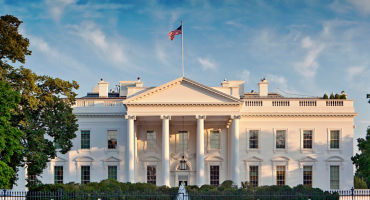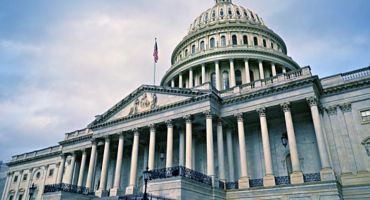Inflation likely to exceed FOMC forecasts
In my view, the Fed conveyed a high degree of confidence in a soft landing for the US economy based on its updated economic projections despite Powell suggesting during the press conference that it was not his base case. While tighter financial conditions are beginning to have their desired effect on lowering inflation, I still suspect it will exceed the Fed’s optimistic expectations into next year. US headline inflation, as measured by the Consumer Price Index (CPI), increased to 3.7% year over year in August 2023 — driven by surging energy prices — while the core inflation rate slowed to 4.3%. The Fed’s preferred measure, Personal Consumption Expenditures (PCE) price index core, ticked up to 4.2% year over year in July, and is projected to decline to 3.7% and 2.6% by the end of 2023 and 2024, respectively.
The Fed focuses on core inflation that strips out more volatile food and energy prices. However, the recent surge in oil prices (+35% since late June) may force another hike if these elevated levels prove durable and lead to more broad-based price pressures as businesses pass on costs to consumers or if they lead to inflation expectations beginning to move higher again.








The “cleanest dirty shirt” now has too many stains
Fixed Income Portfolio Manager posits that US fiscal profligacy will change the game for asset allocators.
By
Brij Khurana